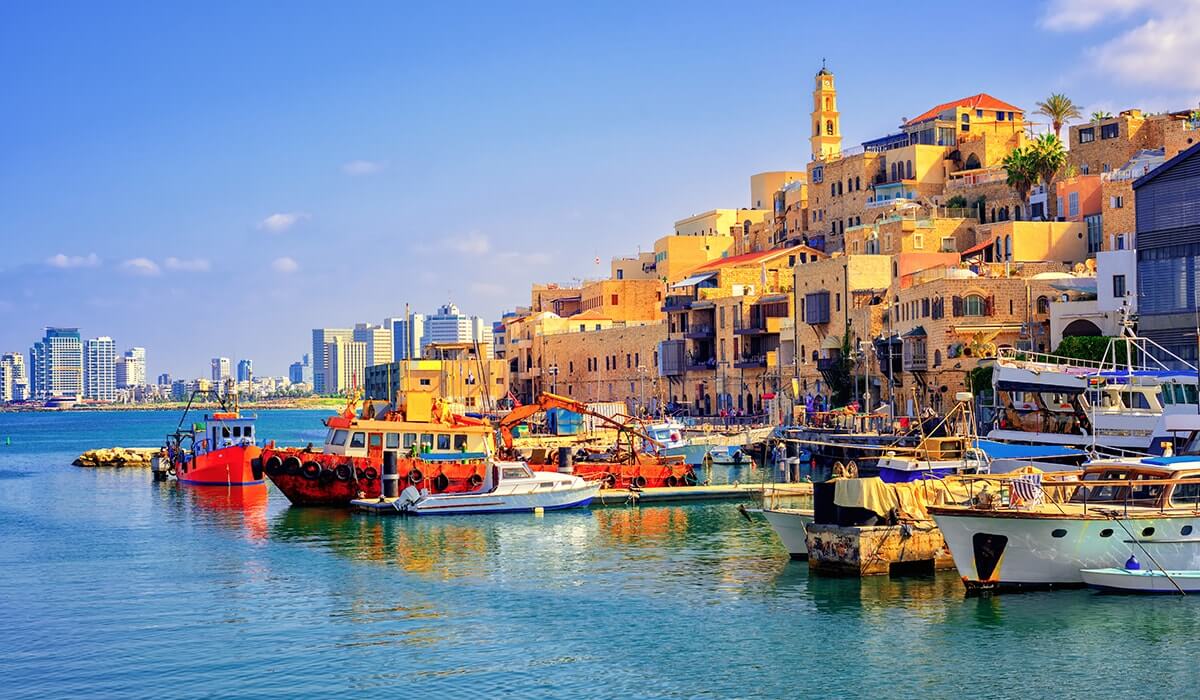Good news for tourists intending to visit Bhutan, which is hailed as the ‘Land of the Thunder Dragon’. The country — that neighbours India — is looking to revive its economy, and will begin to welcome international travellers back from September this year.
This is the first time in more than two years — since the Covid-19 pandemic began — that the Himalayan kingdom, located between India and China, is opening its borders.
According to the Tourism Council of Bhutan (TCB), tourists will be able to visit the country from September 23. In fact, there will be a “renewed focus on the sustainability of the sector”.
The press statement says that the tourism sector will be undergoing a revamp and will focus on three key areas: infrastructure and services, travel experiences of tourists, and the sector’s environmental impact.
Dr Tandi Dorji, the foreign minister of Bhutan and chairperson of the Tourism Council of Bhutan, said, “Covid-19 has allowed us to reset — to rethink how the sector can be best structured and operated, so that it not only benefits Bhutan economically, but socially as well, while keeping carbon footprints low. In the long run, our goal is to create high-value experiences for visitors, and well-paying and professional jobs for our citizens.”
The official press release also states that the country will be raising its Sustainable Development Fee (SDF) of USD 65 (INR 5,128) per person per night for tourists to USD 200 (INR 15,778), which will “go towards activities that promote carbon-neutral tourism”, so they can build a more “sustainable tourism sector”.
As per the release, Indian tourists will pay a “previously stipulated fee”, which will be revised at a later date.
Dorji Dhradhul, the director general of Tourism Council of Bhutan said that their strategy for the revamp of the tourism sector brings them “back to our roots of ‘High Value, Low Volume’ tourism”. “…where we meet the needs of tourists while protecting our people, culture, values, and environment. Tourism is a strategic and valuable national asset, one that does not only impact those working in the sector, but all Bhutanese. Ensuring its sustainability is vital to safeguarding future generations,” he said. (Source Indian Express)






